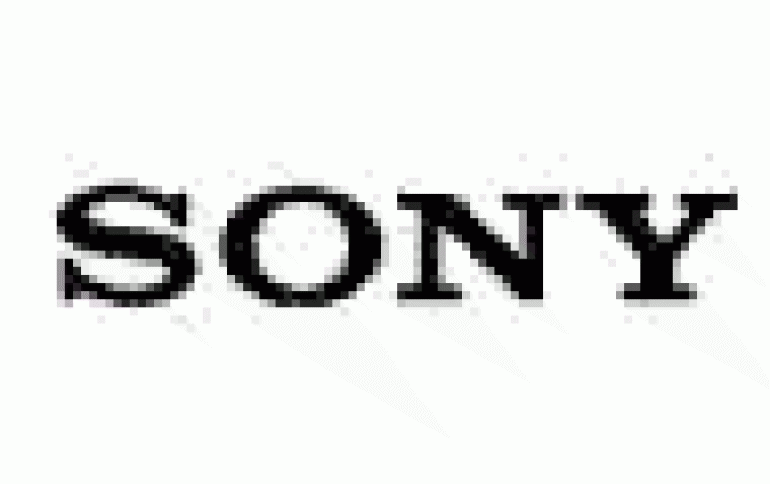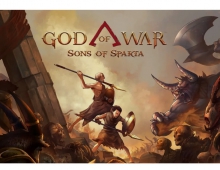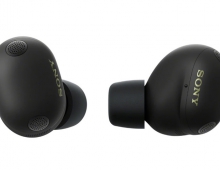
Sony, Nintendo Power up for Battle of the Portable Game Consoles.
Riding on the global success of PlayStation 2 (PS2), Sony has launched its first hand-held game console to challenge rival Nintendo.
PlayStation Portable (PSP) will hit the Japanese market by the end of this year and is slated to go on sale in Europe and North America by March.
Sony Computer Entertainment Inc. has yet to release the price for PSP although news reports estimate it will cost around 300 dollars.
"We are confident that we can break into Nintendo's market," said spokesman Kenichi Fukunaga, speaking at this weekend's Tokyo Game Show 2004 where the PSP was the main attraction.
Sony aims to sell three million PSPs globally by March 2005 and some 60 software markers are working to provide 105 game titles for it.
Nintendo, for its part, hopes to trump Sony with its much-hyped new Nintendo DS, short for dual-screens, which includes a "PictoChat" program that allows up to 16 DS users to chat at once.
It will go on sale in North America in November, a month ahead of its Japanese release.
It is the first time a Japanese game maker has launched its latest game console abroad and analysts said it underlined the importance of foreign sales over the sluggish Japanese market.
"The move is significant. It means that the US market has become the most important for Nintendo," said Takashi Kobayashi, a senior economist at Nomura Research Institute specializing in the game sector.
Nintendo also surprised analysts by announcing this week that Nintendo DS would cost 149.99 dollars, 50 dollars less than their estimate.
"With that price, a mother with three kids may buy them each a Nintendo DS. But if Sony decides to sell the portable game console for 300 dollars, she won't do the same because it gets too expensive," said Nobuyuki Kawamata, a senior analyst for the game market at Tokai Tokyo Research Center Co. Ltd.
Nintendo DS also has the edge over PlayStation Portable on the timing of sales, analysts said.
"Sony's timing is bad because it will miss the Christmas shopping season in the United States which is brisker compared with Christmas shopping in Japan," said Kawamata.
Nearly 50 percent of Sony's game revenues come from Christmas shopping alone, the company said.
"The Christmas season is very important. It can make or break our entire sales," said another Sony spokesman who declined to be named.
While PSP will not be ready for Christmas in the United States, Sony said it would launch worldwide sales of a new slimline version of the best-selling PS2 in November.
The remodeled PS2 is a quarter the size of the current console and half the weight at just 900 grams (two pounds) with a price tag of 149 dollars in North America and 149 euros in Europe.
"We are not worried about (PSP) missing the Christmas season because we are ready to roll out the slimmer PlayStation 2 in the global market," Sony spokesman Fukunaga said.
Since the launch of the first PlayStation in 1994, Sony has sold a staggering 173 million PlayStation and PlayStation 2 consoles worldwide.
In Japan, PS2 takes 80 percent of the market share, with 60 percent in North America and 80 percent in Europe.
But analysts say the global game market has been shrinking, mainly due to a big drop in Japanese sales.
In 2003, the global market combining hardware and software sales fell 10 percent year-on-year to 1.1 trillion yen (10 billion dollars), according to Tokyo-based Computer Entertainment Suppliers' Association.
That represents a 27-percent drop from 2001 when the market stood at 1.5 trillion yen and Tokai's Kawamata said Sony and Nintendo aim to reboot the sluggish game market with brand-new hardware.
"As sales slump at home and abroad, Sony and Nintendo hope that their new hardware line-ups will revitalize the depressed game market," he said.
From YahooTech Asia





















